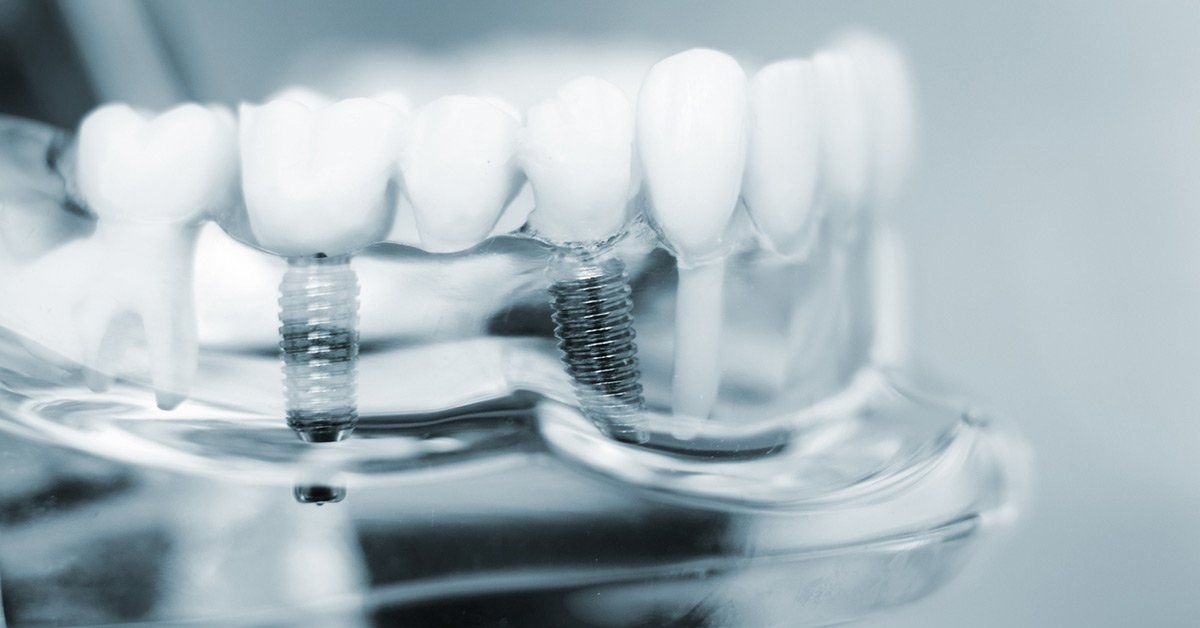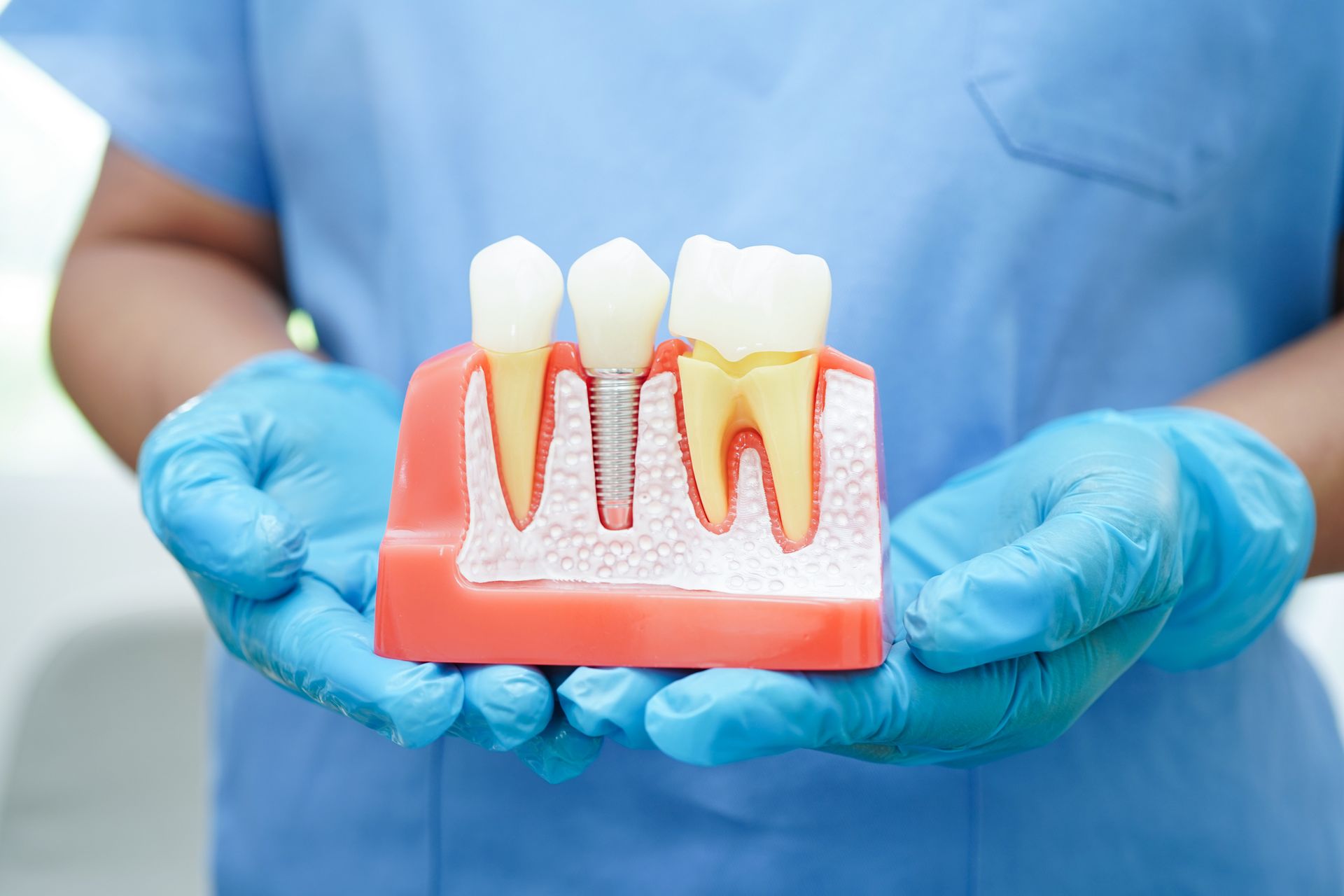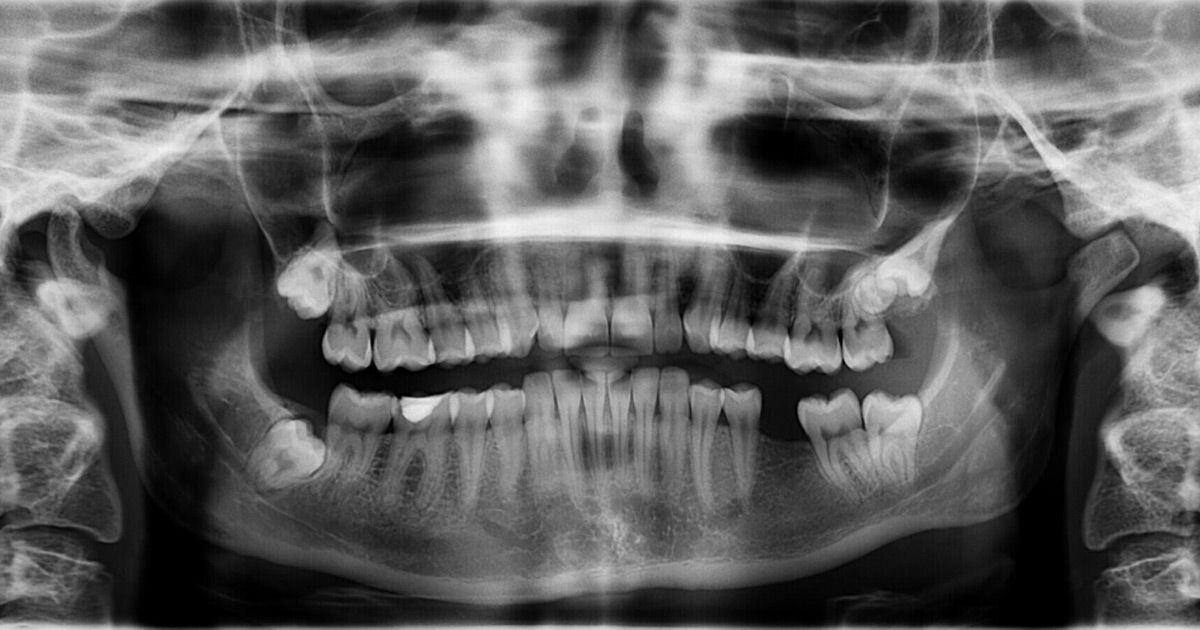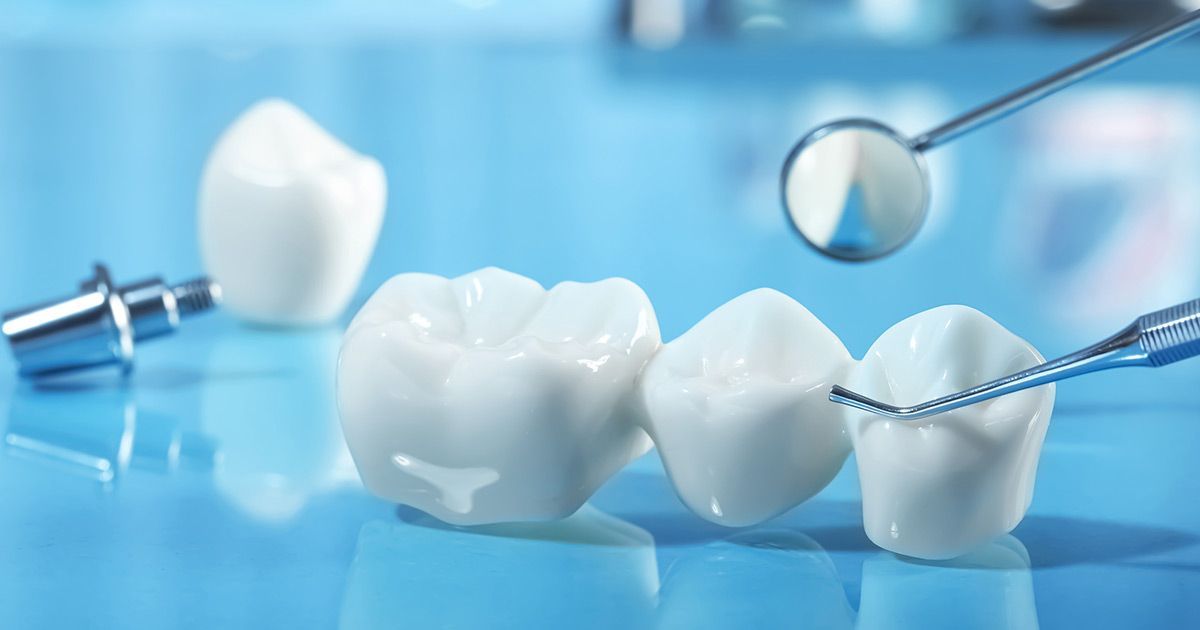Dental Implants: Everything You Need To Know
Dental implant surgery can offer an option when a lack of natural teeth roots don't allow building a denture. Read on to learn more about dental implants here.
What Are Dental Implants?
What Are the Advantages?
Are You a Good Candidate?
How Do You Pay for Dental Implants?
How Does the Procedure Work?
Make an Appointment Today
Dr. Haddad
D.M.D
Dr. Haddad’s purpose at Sewell Dental Designs is to empower his patients so they can achieve and maintain excellent dental health and have a smile they are happy to show off. He decided on this path after receiving treatment from a competent and friendly dentist when he was a teen.
Dr. Haddad obtained his Bachelor of Science degree at George Mason University in Virginia and went on to earn his Doctor of Medicine in Dentistry degree (DMD) from Temple University Maurice H. Kornberg School of Dentistry.
Dr. Joanna
D.D.S
Dr. Joanna Haddad was born and raised in Lebanon and now resides in Philadelphia, PA. She speaks Arabic, French, and English fluently. Dr. Joanna earned her Doctorate of Dental Medicine from the University of Pennsylvania School of Dental Medicine, graduating with honors in Public Health. During her time in dental school, she was highly involved in various organizations and served as the Chapter President of the American Student Dental Association. She is also a proud member of the American Dental Association, American Association of Facial Esthetics and American student dental association.
Dr. Giesberg
D.D.S
Dr. Konstantina S. Giesberg, DDS, is a board-certified dentist anesthesiologist who has earned the privilege of becoming a Diplomate of the American Dental Board of Anesthesiology (DADBA).Dr. Giesberg obtained, with honors, her degree of Doctor of Dental Surgery (DDS) from the University of Buffalo, NY. She then completed her General Practice Residency in Dentistry at Wyckoff Heights Medical Center in Brooklyn, NY. Dr. Giesberg then furthered her studies at Wyckoff Heights Medical Center with a Specialty Program in Dental Anesthesiology, involving three years of concentration in deep sedation and general anesthesia.















